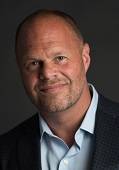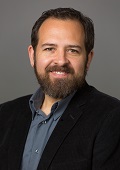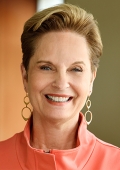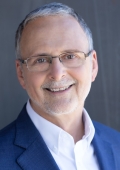The Power of Connected Leadership Jennifer Clark, MD
March 4, 2024
Episode 80
Duration: 35:16
In this episode of Caring Greatly, Dr. Clark shares insights from research she recently published on leadership loneliness in partnership with the Institute for Healthcare Excellence. She delves into the ways that leader loneliness creates a self-reinforcing cycle in which isolation leads to self-devaluation, attempts to compensate through more work and less sleep, which then further compromises connection. As a result, says Dr. Clark, they become less effective and resilient as leaders, decreasing the efficacy of their teams and lowering organizational resilience. Like burnout in clinicians, leader loneliness results from structural elements that can be addressed through deliberate connection and positive organizational design.










